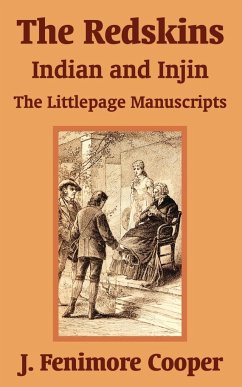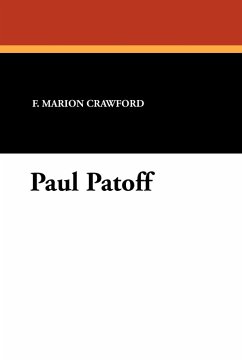In The Redskins we have the third and last work of the anti-rent series, in which the crisis is reached, and the cupidity and lawless spirit of the disorderly faction appear in their true light. "You well know that I am no advocate for any government but that which is founded on popular right, protected from popular abuses," -- were words which Mr. Fenimore Cooper had written many years earlier. And now, in the hour of danger, to aid in protecting these rights of the people, against their abuse by the evil-minded among themselves, he held to be a high duty of every honest, and generous, and intelligent citizen. "As democrats, we protest most solemnly against such barefaced frauds, such palpable cupidity and covetousness being termed any thing but what they are. Democracy is a lofty and noble sentiment. It is just, and treats all men alike. It is not the friend of a canting legislation, but meaning right, dare act directly. There is no greater delusion than to suppose that true democracy has any thing in common with injustice or roguery. Nor is it any apology to anti-rentism, in any of its aspects, to say that leasehold tenures are inexpedient. The most expedient thing in existence is to do right. Were there no other objection to the anti-rent movement than its corrupting influence, that alone should set every wise man in the community firmly against it." James Fenimore Cooper (1789-1851) was an American novelist, travel writer, and social critic, regarded as the first great American writer of fiction. He was famed for his action-packed plots and his vivid, if somewhat idealized, portrayal of American life in the forest and at sea.
Hinweis: Dieser Artikel kann nur an eine deutsche Lieferadresse ausgeliefert werden.
Hinweis: Dieser Artikel kann nur an eine deutsche Lieferadresse ausgeliefert werden.








